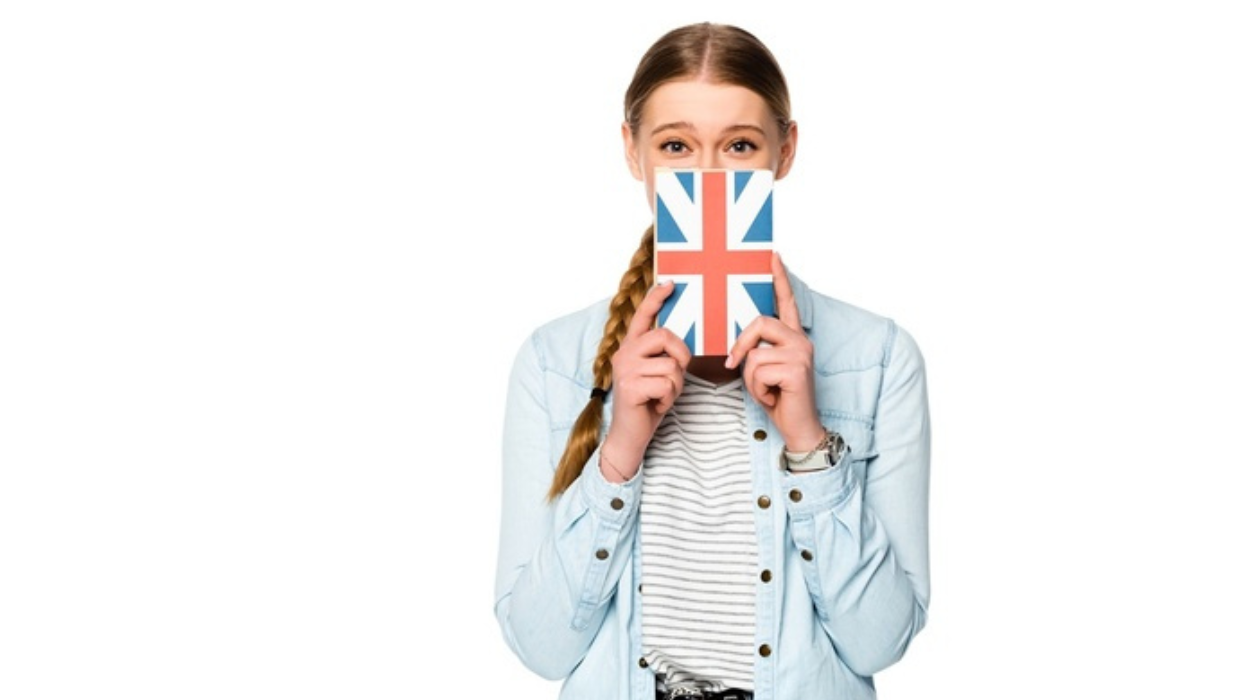
UK Bans EU Meat and Dairy Imports: Travelers Risk £5,000 Fine for a Ham Sandwich
Travelers heading to the United Kingdom from the European Union now need to check their snacks—or risk paying a hefty price. Since April 12, 2025, the UK government has enforced strict new regulations banning the entry of meat and dairy products from EU countries and several other regions. This measure is aimed at preventing the spread of foot-and-mouth disease, a highly contagious virus that affects livestock.
The rules are tough, and penalties are even tougher. If you’re caught bringing a ham and butter sandwich into the UK, you could face a fine of up to £5,000 (approximately €5,900).
Read Also: UK Travel Visa Fee to Increase by 60%: What You Need to Know
Why the Ban?
The decision comes in response to a rise in foot-and-mouth disease cases across parts of Europe. To protect its agricultural sector and avoid a potential outbreak on British soil, the UK has imposed a blanket ban on the import of meat and dairy products from a wide range of locations.
These include:
- All European Union member states
- Switzerland
- Norway
- Iceland
- Liechtenstein
- The Faroe Islands
- Greenland
Even items purchased at duty-free shops are not exempt.
What’s Banned?
The ban covers a broad list of products, including:
- Pork, beef, lamb, mutton, goat, and venison
- Raw or processed meats (sausages, deli meats, cured meats, etc.)
- Dairy products such as milk, cheese, butter, and yogurt
- Prepared foods containing any of the above (e.g., sandwiches, salads, ready meals)
This means your lunchbox could now be considered contraband at the UK border.
Are There Any Exceptions?
Yes, there are a few specific exceptions for certain products:
- Up to 2 kg per person of infant formula, baby food, or specialized medical food
- These products must not require refrigeration prior to opening
- They must be in original, sealed packaging—unless already in use
However, travelers are legally required to declare any of these items at customs. Failure to do so may result in confiscation and a financial penalty of up to £5,000 in serious cases.
Where Do These Rules Apply?
The restrictions apply to Great Britain—that is, England, Scotland, and Wales. They do not apply to:
- Northern Ireland
- Jersey
- Guernsey
- Isle of Man
This geographical distinction is important for travelers coming through different ports of entry or traveling within the British Isles.
What Should Travelers Do?
If you’re traveling to the UK from any of the restricted areas, it’s safest to leave all meat and dairy products behind. Customs officers are now conducting stricter inspections at borders, including airports, ferry terminals, and Eurostar stations. Even accidentally carrying a sandwich could get you into legal trouble.
UK authorities are urging passengers to check official guidance before packing food items, especially if traveling with children or needing medical-specific diets.
Final Word: Know Before You Go
This new regulation is a significant change for many frequent travelers between the EU and the UK, especially those used to carrying homemade food. While it might seem extreme, the UK government sees it as a necessary precaution to protect its livestock and food supply.
So next time you’re packing for a trip to the UK—leave the ham and butter sandwich at home.
This article is originally published on: tourmag





